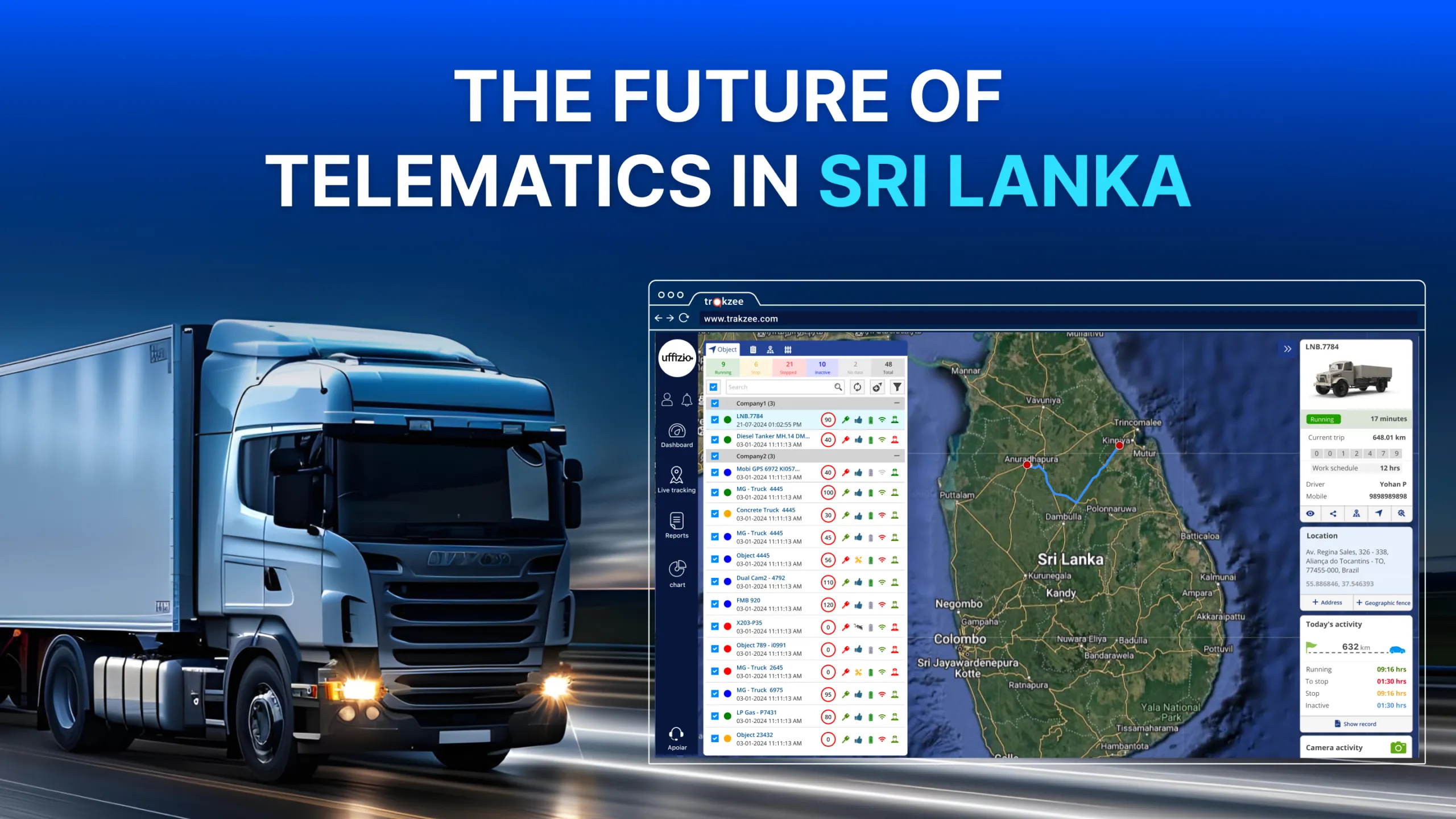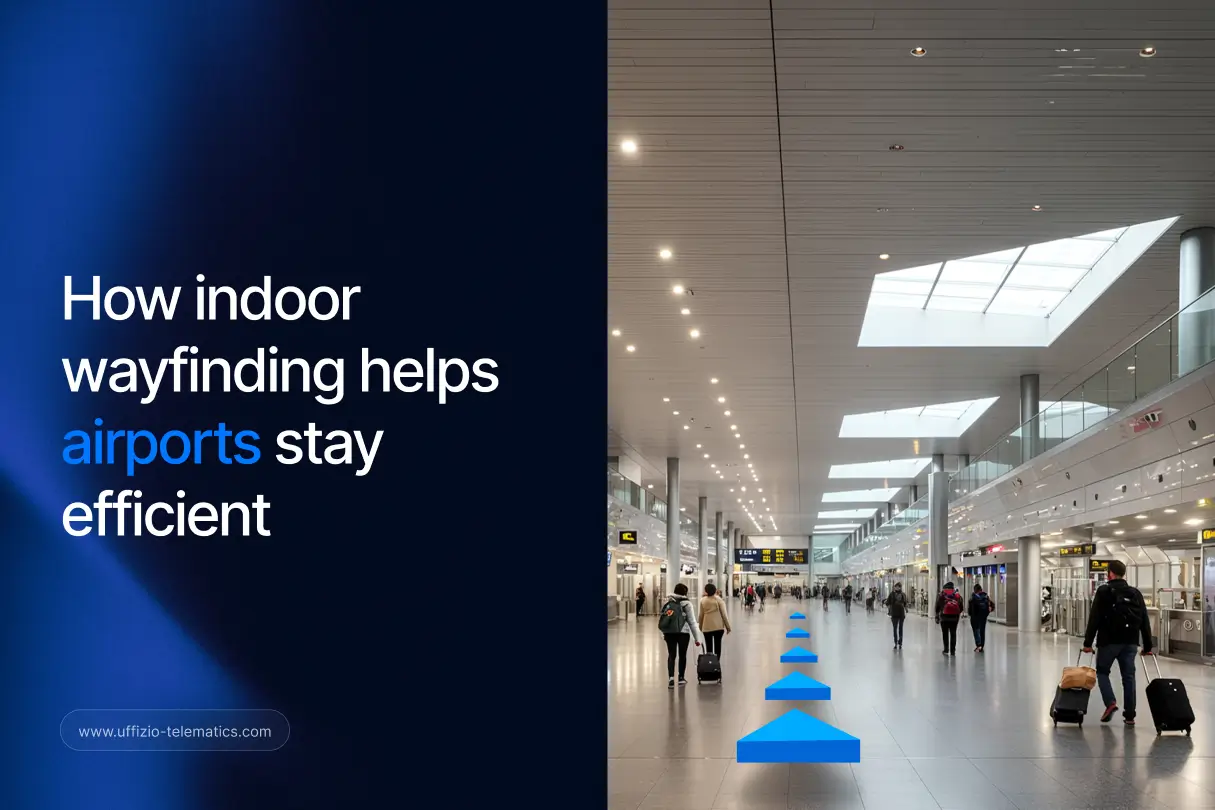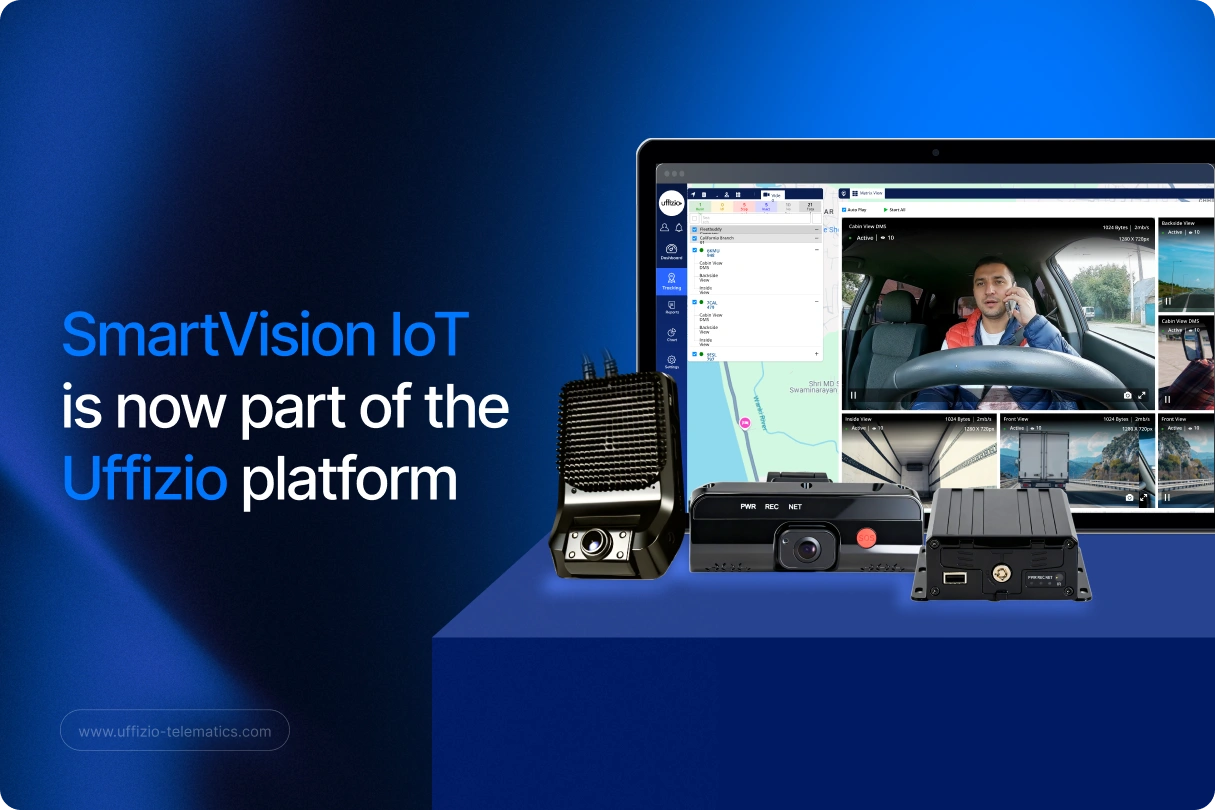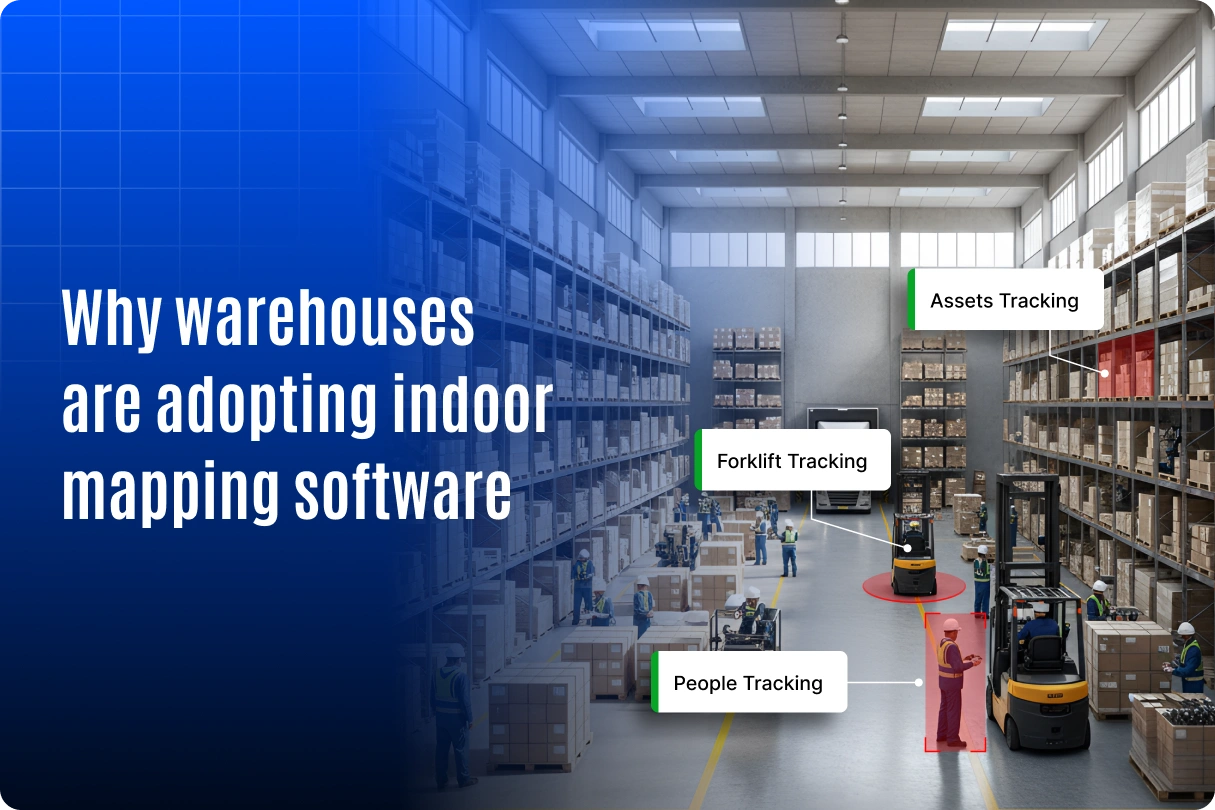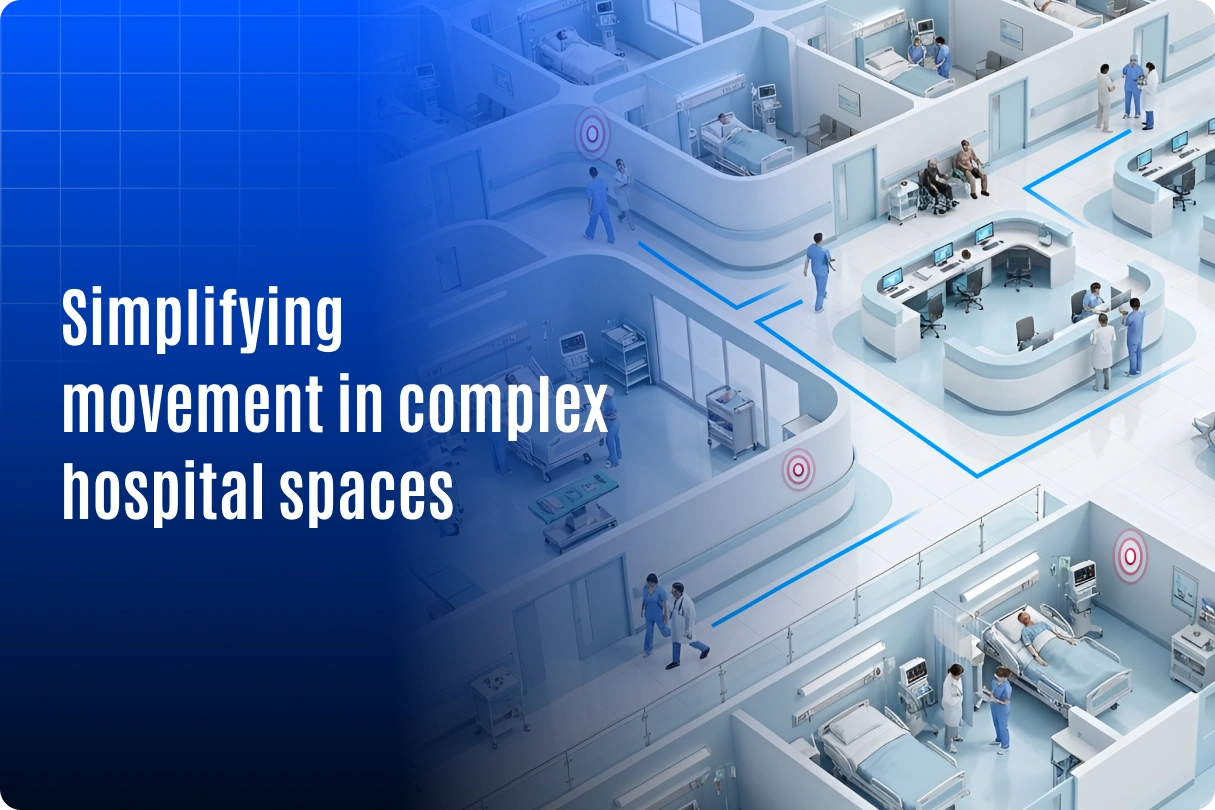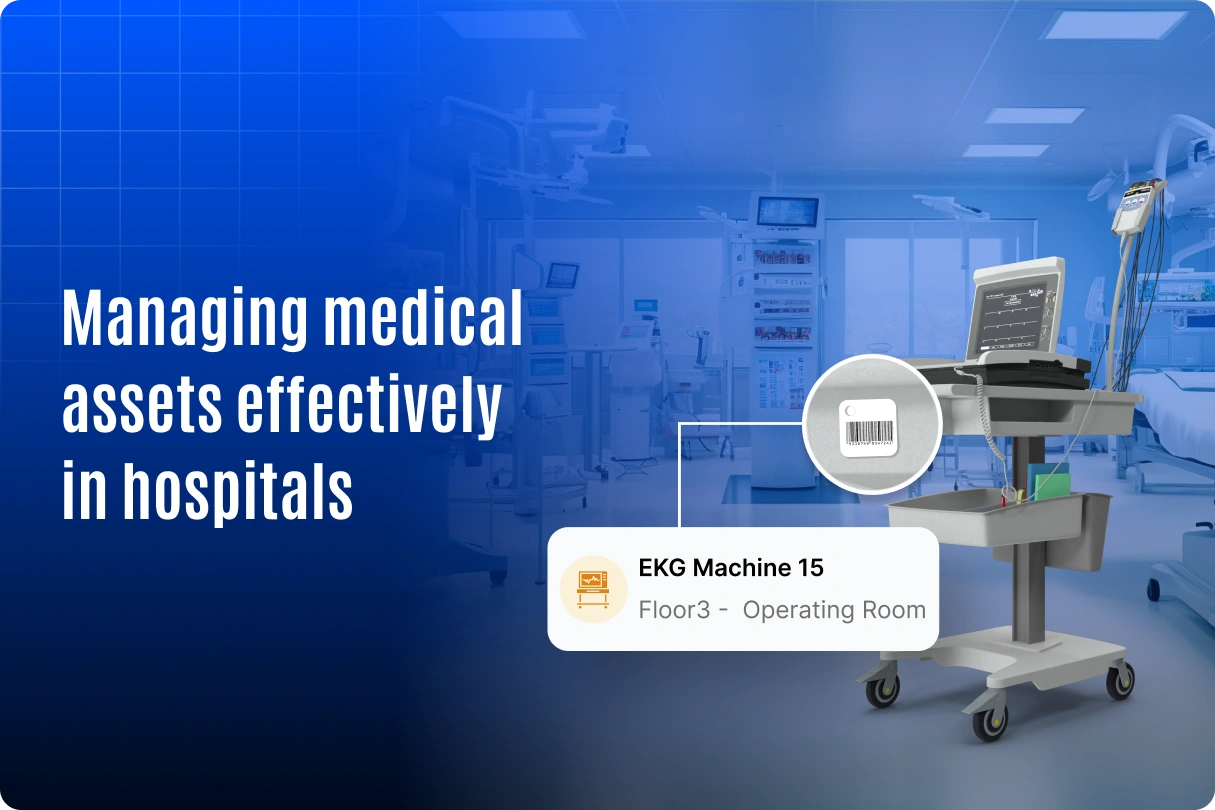Future of Telematics in Sri Lanka: Fleet Live Tracking
Sri Lanka is experiencing a wave of industrial growth, fueled by its improving economy and expanding sectors such as logistics, transportation, and healthcare. This progress brings opportunities, but also challenges, especially in managing fleets efficiently. Rising fuel costs, traffic, and the need for operational transparency demand smarter solutions for businesses.
This is where telematics steps in, offering more than just vehicle tracking. It provides tools to reduce costs, ensure safety, and improve efficiency, making it a must-have for businesses managing large fleets. With over 9 million vehicles on Sri Lankan roads, including 1.9 million commercial vehicles, the telematics industry is set to revolutionize fleet management in the country.
Fleet Live Tracking: More Than Just Monitoring
Fleet live tracking is often seen as a way to locate vehicles on a map. But it does so much more. The fleet tracking screen acts as a control hub where managers can handle multiple tasks simultaneously:
Comprehensive Overview
The screen displays a list of all vehicles in the fleet, providing real-time updates on their status—whether they’re running, stopped, or idle. Icons beside each vehicle indicate critical details, such as fuel levels, speed, and battery health, allowing managers to address potential issues instantly.
Actionable Features
Managers can add new vehicles, create geofences, or update addresses directly from the live tracking screen. This eliminates the need for multiple tools, streamlining the management process.
Insightful Widgets
Tooltip widgets offer detailed information, such as fuel consumption, driving behavior, and location accuracy. For instance, if a vehicle’s fuel consumption spikes unexpectedly, managers can act immediately to investigate potential theft or inefficiencies.
These features transform fleet live tracking from a basic monitoring tool into a powerful solution that simplifies fleet management and enhances decision-making.
Smarter Solutions for Everyday Operations
Telematics systems are designed to tackle everyday challenges faced by businesses managing fleets. Here’s how they add value:
Fuel Optimization
Fuel accounts for a significant portion of fleet expenses. The advanced fleet management software monitors fuel consumption in real time, identifies patterns, and alerts managers to unusual activities, such as fuel theft or leaks.
Security and Safety
Geofencing ensures vehicles stay within specified zones, alerting managers if a vehicle crosses a boundary. This is especially useful for industries like oil and gas or healthcare, where vehicle misuse or delays can cause significant losses.
Driver Performance
By analyzing driving behavior, telematics helps reduce risks associated with speeding, harsh braking, or long idling. Safer driving not only minimizes accidents but also reduces fuel costs and vehicle wear.

Industry-Specific Benefits
Telematics solutions are flexible and can be adapted to the needs of various industries. Here’s how key sectors in Sri Lanka stand to benefit:
Transportation and Logistics
With e-commerce on the rise, timely deliveries are essential. Telematics helps optimize routes, track shipments, and improve fleet utilization, ensuring businesses meet customer demands efficiently.
Healthcare and Pharmaceuticals
Medicines and other sensitive goods require safe and timely transportation. Telematics systems ensure vehicles stay on schedule and maintain optimal conditions during transit.
Oil and Gas
This sector relies heavily on efficient fuel use and secure transportation of resources. Telematics monitors fuel consumption, prevents unauthorized use, and enhances safety protocols.
Construction
Heavy equipment and machinery can be expensive to manage. Telematics tracks usage, reduces downtime, and ensures that equipment is used only for authorized tasks, improving overall productivity.
Solving Sri Lanka’s Challenges
Sri Lanka faces several challenges in its journey toward modernized fleet management:
High Fuel Costs
With fuel prices rising, monitoring and optimizing fuel usage is critical. Telematics provides real-time data to reduce wastage and save costs.
Unpredictable Traffic
Heavy traffic on urban roads can delay deliveries and increase costs. Telematics systems help plan better routes, ensuring timely arrivals.
Limited Transparency
Manual processes often lead to inefficiencies. Telematics automates tasks like maintenance scheduling and reporting, ensuring smoother operations.

By addressing these challenges, telematics enables businesses to operate more efficiently while staying competitive in a growing market.
The Road Ahead
As Sri Lanka’s industries continue to grow, the demand for telematics solutions will rise alongside them. The ability to fleet live tracking vehicles, monitor performance, and automate processes makes telematics essential for business success. From reducing costs to ensuring safety and improving customer satisfaction, telematics offers solutions that benefit every stakeholder.
Sri Lanka is on the brink of a telematics revolution. For businesses, adopting these technologies is no longer optional—it’s essential for staying ahead in an evolving market.
